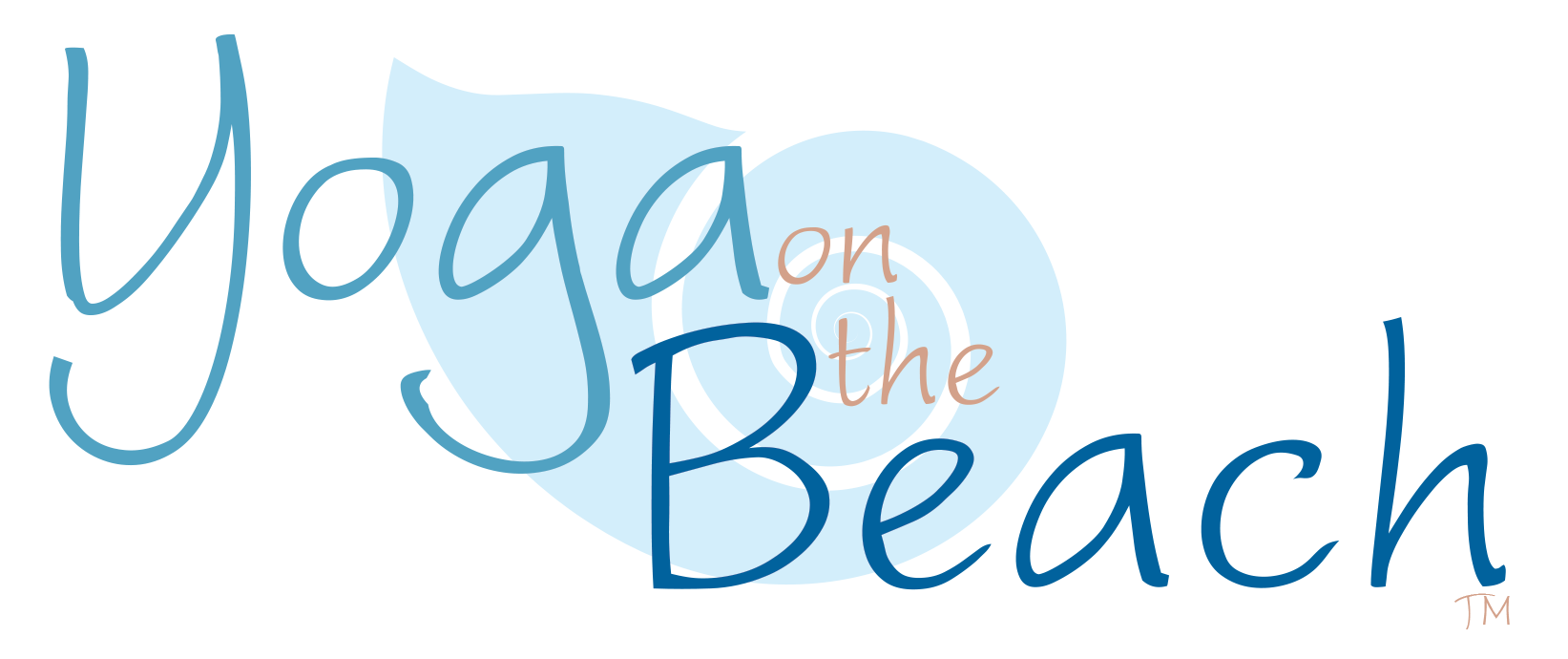Taking Care of our Waterways
On August 31 Save Popponesset Bay sponsored a presentation with Joan Muller, Education Coordinator from the Waquoit Bay National Estuarine Research Reserve. The topic was water quality, looking at both the issues and solutions we can all be part of.
What we learned:
Healthy Eelgrass is a nursery habit for sea life
In 1951 Waquoit Bay was a rich biosphere full of eelgrass, the habitat for much of the sea life we so enjoy here on Cape Cod. As housing development increased, there began to be a decline in water quality due to higher levels of nitrogen in the water from wastewater, fertilizers, and the burning of fossil fuels. By 1994 there was almost no eelgrass left in Waquoit Bay. The same is true in Popponesset Bay.
What is the issue:
As nitrogen levels increase in our water, they fuel the growth of phytoplankton and algae blooms, which shade out the important eel grass habitat and decrease the dissolved oxygen levels that underwater life needs to survive. This also negatively impacts human health and closes fishery harvest areas. This has become a worldwide issue, most recently in the news as it has caused a wide spread kill-off of fish off the Naple’s area of Florida, leaving many unable to enjoy their backyards and beaches due to toxic air and water quality. Sadly, this is happening in all 50 states in the US, and worldwide. It is seen in fresh water lakes and rivers, estuaries and oceans, and is starting to show up in drinking water sources.
It is time to take our blinders off and ALL become not only aware of the problem, but become part of the solution!
What are the sources of nitrogen in our water?
Increased nitrogen comes from a number of sources, almost all due to human lifestyle. The top five contributors are
septic or waste water
fertilizer
deposits from the atmosphere due to fossil fuel burning
run off from storm water which moves everything that has collected on our roadways and paved surfaces directly into the waterways
animalwaste
What can you do to help?
Support funding of diverse forms of wastewater treatment.
Keep your septic working well by having it checked and pumped out periodically (most systems need pumping approximately every 3 years).
Mow your lawn high, about 3”, creating deeper roots, preventing crab grass and increasing resistance to drought and disease.
Leave the clipping on the lawn to return nutrients to your grass decreasing the need for other
forms of fertilizer.Consider going organic, or only fertilize in the fall using slow release fertilizer, and only half of what is recommended.Sweep up any spillage so it does not wash away.
If you can, do not fertilize right before a rain storm, as this will minimize run off.
Pick up after your pet, so their waste does not get washed into the waterways or storm drains.
Create a buffer to catch run off from your yard by creating a rain garden that will use nitrogen runoff. Here is a quick link for how to build your own rain garden.
Learn more:
One way to understand your effect on the community that you live in is to look at your nitrogen footprint. Here is a great link to a quick survey that can help raise your awareness of some of the ways we live that contribute to the nitrogen production on our planet.
Here are some other groups committed to raising awareness and making changes to help keep our waterways clean:
Everything Matters
Surfriders
Oceana
Moving forward:
Save Popponesset Bay has created a Water Quality Committee that meets once per month, to continue to look at ways in which we can educate, model and implement programs that will support a healthy Popponessett Bay and adjacent waterways. If you would like more information or be part of this please contact Nancy Curran at nancy@yogaonbeach.com. Support Save Popponesset Bay by volunteering and donating today.
Side note: Nancy will be on Mashpee TV’s ON DECK with Waquoit Bay National Estuarine Research Reserve’s Jim Rassman to discuss this issue. Stay tuned!
posted on thursday, september 27th, 2018. follow responses to this entry through the rss 2.0 feed. both comments and pings are currently closed.



